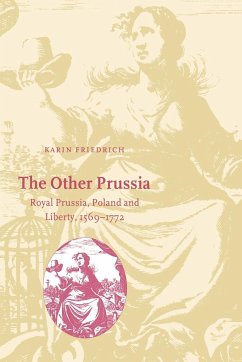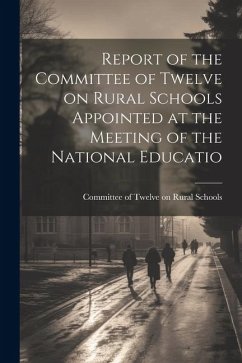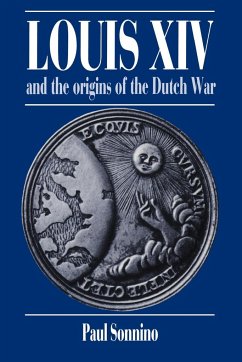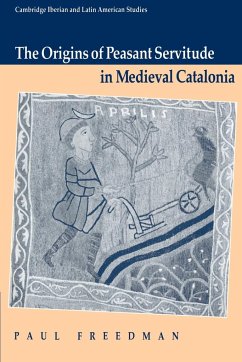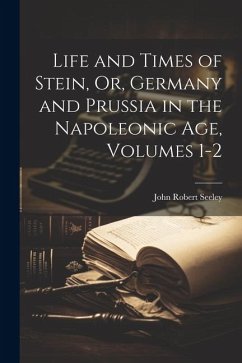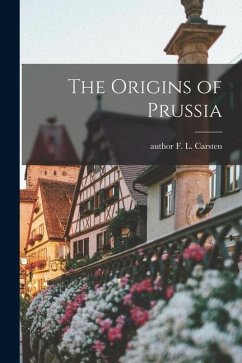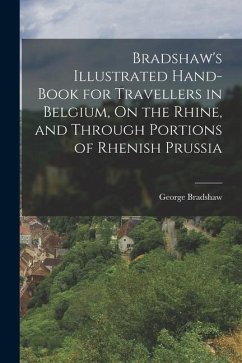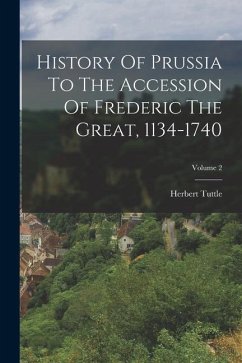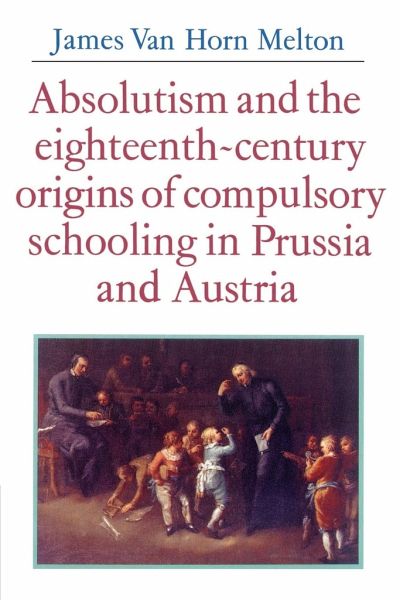
Absolutism and the Eighteenth-Century Origins of Compulsory Schooling in Prussia and Austria

PAYBACK Punkte
25 °P sammeln!
A study of precocious attempts at school reform in societies that were overwhelmingly 'premodern'.Compulsory schooling is widely held to be a creation of modern industrial society. Yet already in the eighteenth century, Prussian and Austrian rulers attempted to introduce universal education in societies that were overwhelmingly rural and 'premodern'. Focusing on the reigns of Frederick the Great of Prussia (1740-86) and Maria Theresa of Austria (1740-80), this book examines the origins, aims, and achievements of the compulsory school movements in those states. It draws on a broad range of sour...
A study of precocious attempts at school reform in societies that were overwhelmingly 'premodern'.
Compulsory schooling is widely held to be a creation of modern industrial society. Yet already in the eighteenth century, Prussian and Austrian rulers attempted to introduce universal education in societies that were overwhelmingly rural and 'premodern'. Focusing on the reigns of Frederick the Great of Prussia (1740-86) and Maria Theresa of Austria (1740-80), this book examines the origins, aims, and achievements of the compulsory school movements in those states. It draws on a broad range of sources in showing how school reform was part of a broader campaign to strengthen relationships of authority and dependence. Local resistance as well as the contradictory aims of absolutist rule severely limited the success of school reform. But in their effort to promote literate culture on an unprecedented scale, reformers established pedagogical institutions and practices that would decisively shape public education not only in Central Europe, but throughout the West.
Table of content:
List of tables; List of abbreviations; Acknowledgments; Introduction; Administrative divisions of the Habsburg and Hohenzolln monarchies, 1780; Part I. Cultural and Religious Forces: 1. Popular schooling in early modern Prussia and Austria; 2. The rise of Pietist pedagogy; 3. From image to word: cultural reform and the rise of literate culture in Theresian Austria; 4. The catholic appropriation of Pietist pedagogy: Johann Ignaz Felbiger; Part II. Social and Economic Forces: 5. Mastering the masterless: cameralism, rural industry, and popular education; 6. From compulsory labor to compulsory schooling: education and the crisis of seigniorial authority; Part III. The Limits of Reform: 7. School reform in Frederickian Prussia; 8. The Theresian school reform of 1774; Conclusion; Selected bibliography; Index.
Compulsory schooling is widely held to be a creation of modern industrial society. Yet already in the eighteenth century, Prussian and Austrian rulers attempted to introduce universal education in societies that were overwhelmingly rural and 'premodern'. Focusing on the reigns of Frederick the Great of Prussia (1740-86) and Maria Theresa of Austria (1740-80), this book examines the origins, aims, and achievements of the compulsory school movements in those states. It draws on a broad range of sources in showing how school reform was part of a broader campaign to strengthen relationships of authority and dependence. Local resistance as well as the contradictory aims of absolutist rule severely limited the success of school reform. But in their effort to promote literate culture on an unprecedented scale, reformers established pedagogical institutions and practices that would decisively shape public education not only in Central Europe, but throughout the West.
Table of content:
List of tables; List of abbreviations; Acknowledgments; Introduction; Administrative divisions of the Habsburg and Hohenzolln monarchies, 1780; Part I. Cultural and Religious Forces: 1. Popular schooling in early modern Prussia and Austria; 2. The rise of Pietist pedagogy; 3. From image to word: cultural reform and the rise of literate culture in Theresian Austria; 4. The catholic appropriation of Pietist pedagogy: Johann Ignaz Felbiger; Part II. Social and Economic Forces: 5. Mastering the masterless: cameralism, rural industry, and popular education; 6. From compulsory labor to compulsory schooling: education and the crisis of seigniorial authority; Part III. The Limits of Reform: 7. School reform in Frederickian Prussia; 8. The Theresian school reform of 1774; Conclusion; Selected bibliography; Index.





